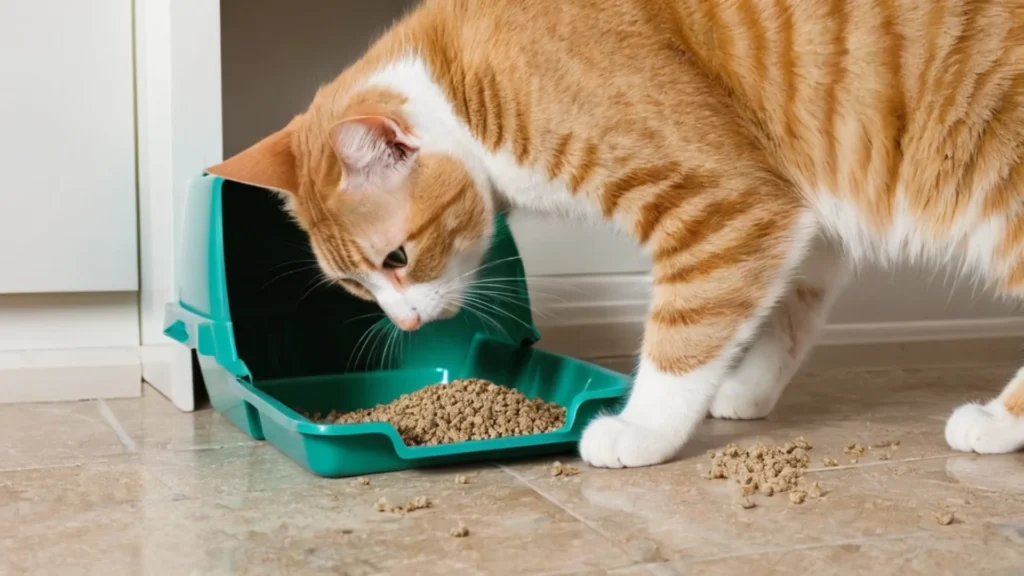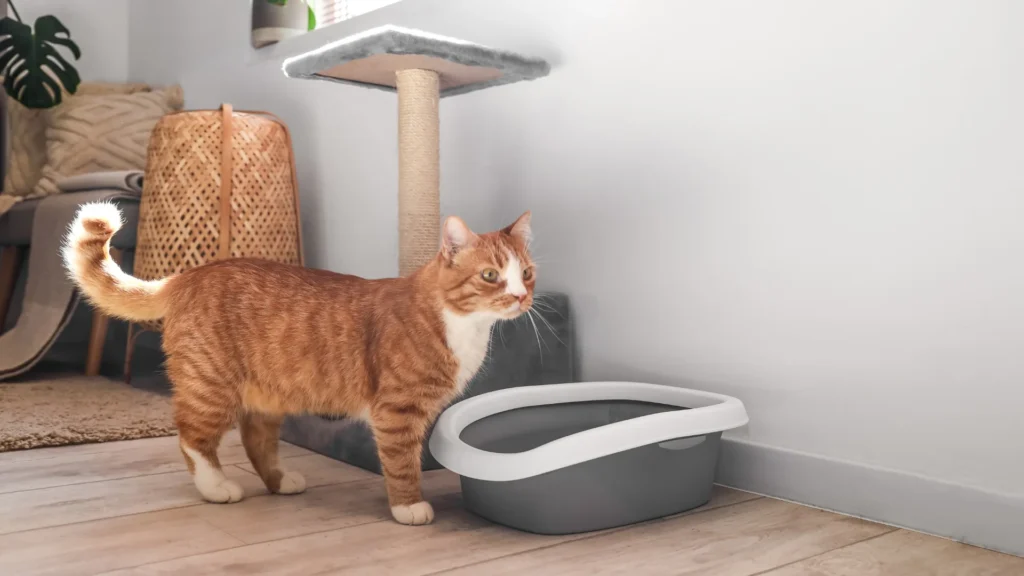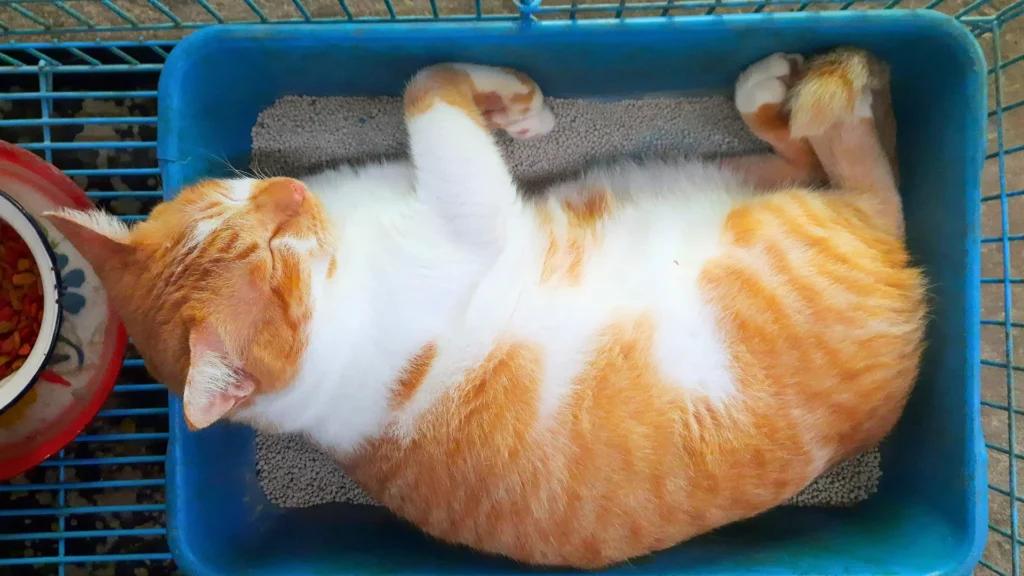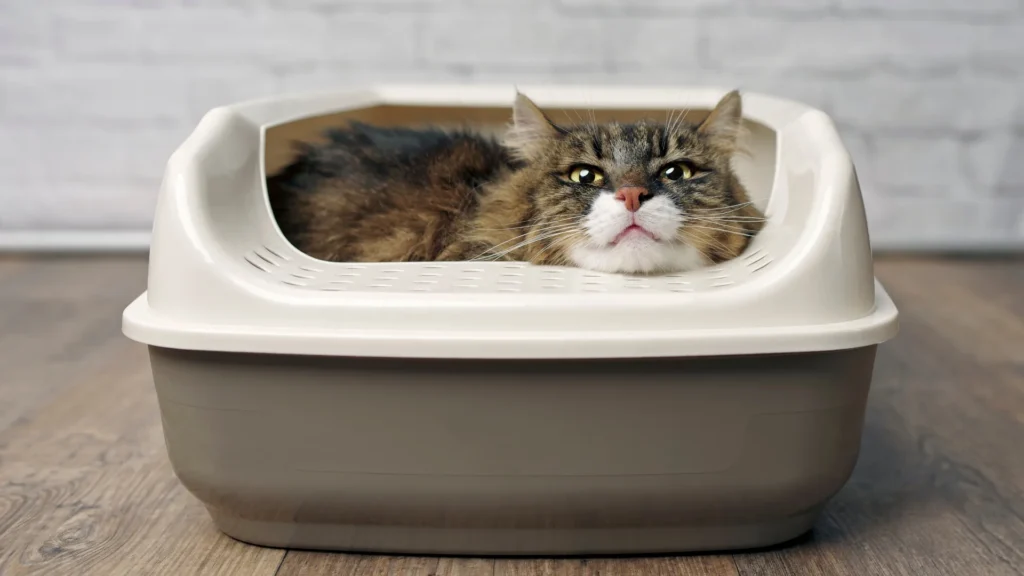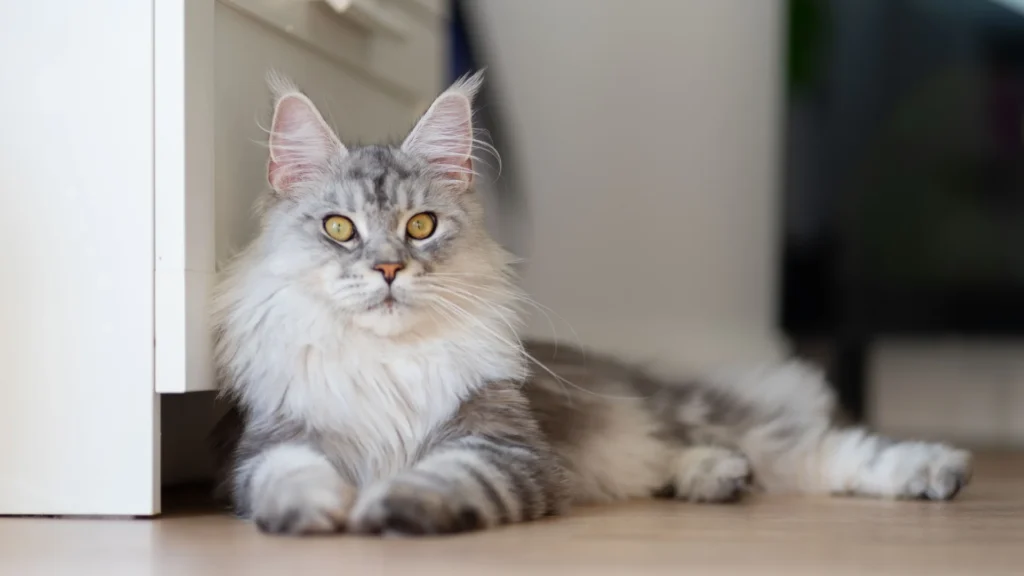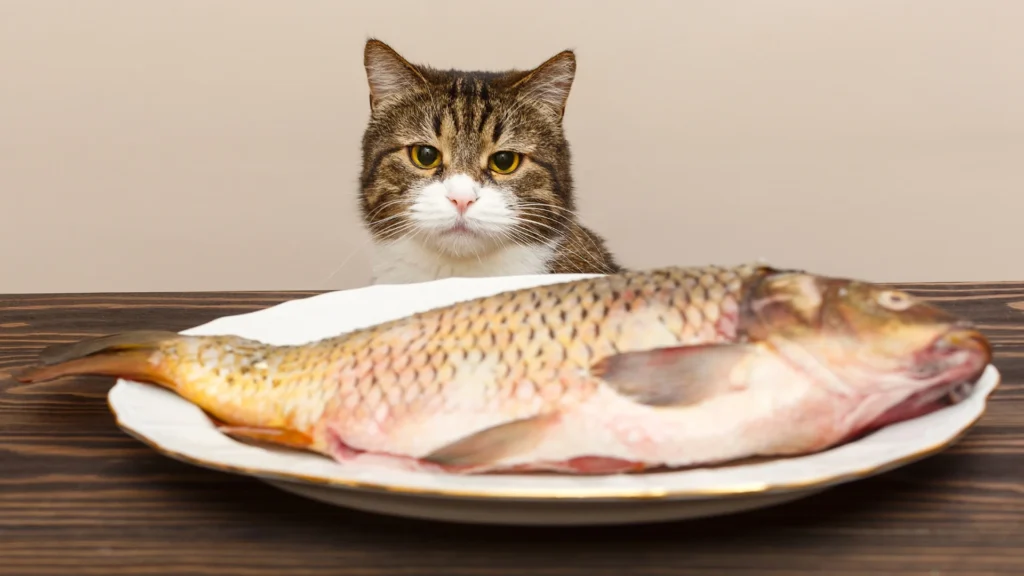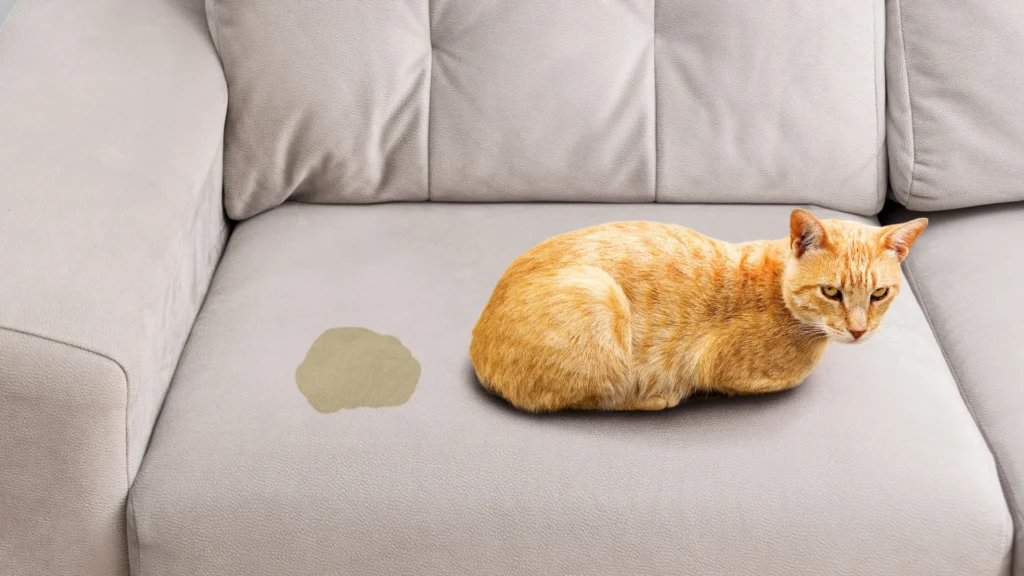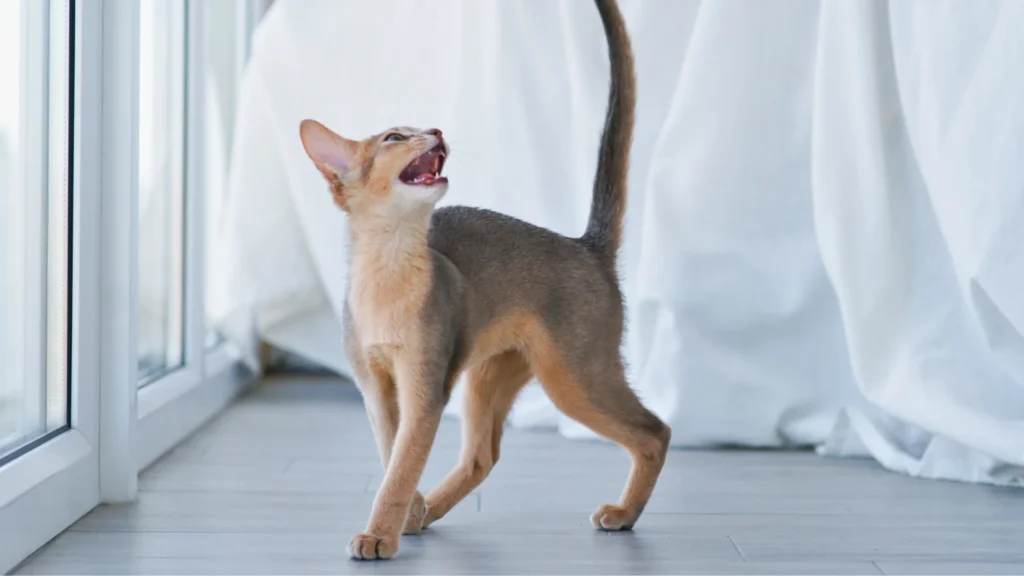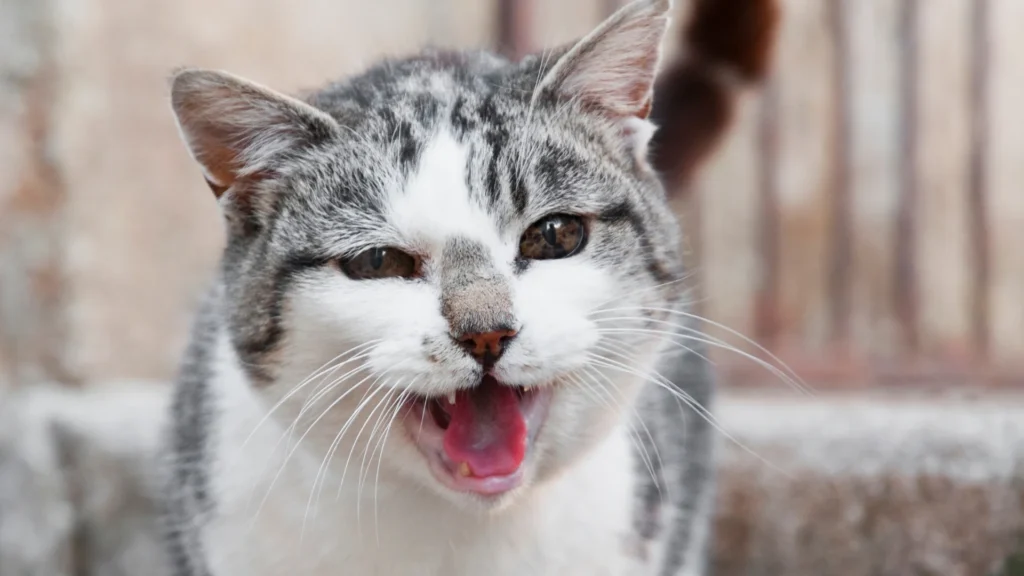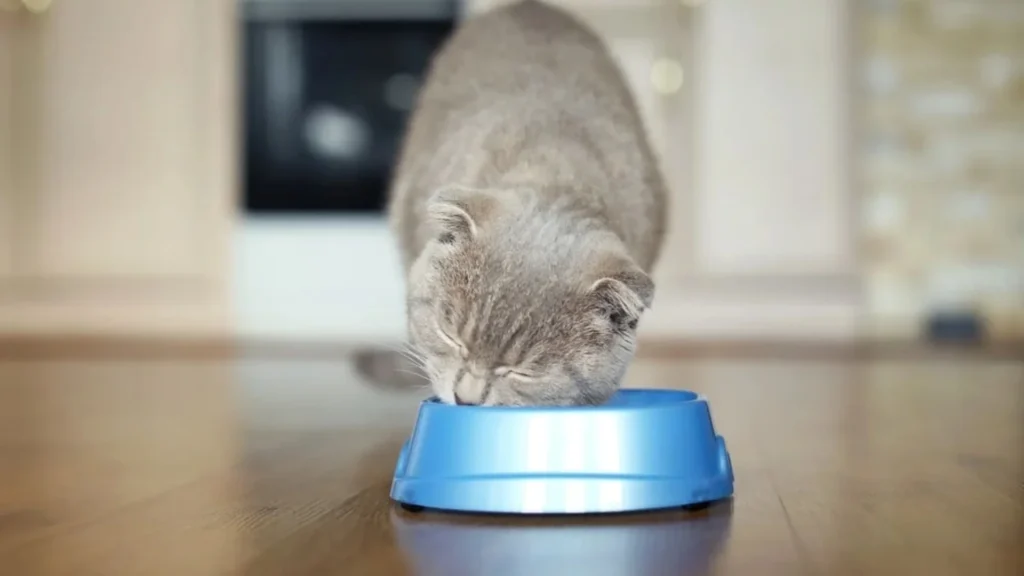Table of Contents
Your cat is scratching on the litter that they have been eating out of its box when you go into the room. Yes, it’s quite the sight. If you own a cat, you may be alarmed or perplexed by what you see. You’re not alone, though. This peculiar behaviour is something that many cat owners have experienced.
Sometimes, cats eat litter because they’re curious or might not feel well. Other times, in this article, we’ll talk about the different reasons why cats might eat litter and what we can do to help them. Knowing why they do this can help us take better care of our beloved pets and keep them healthy and happy.
Understanding the Behavior
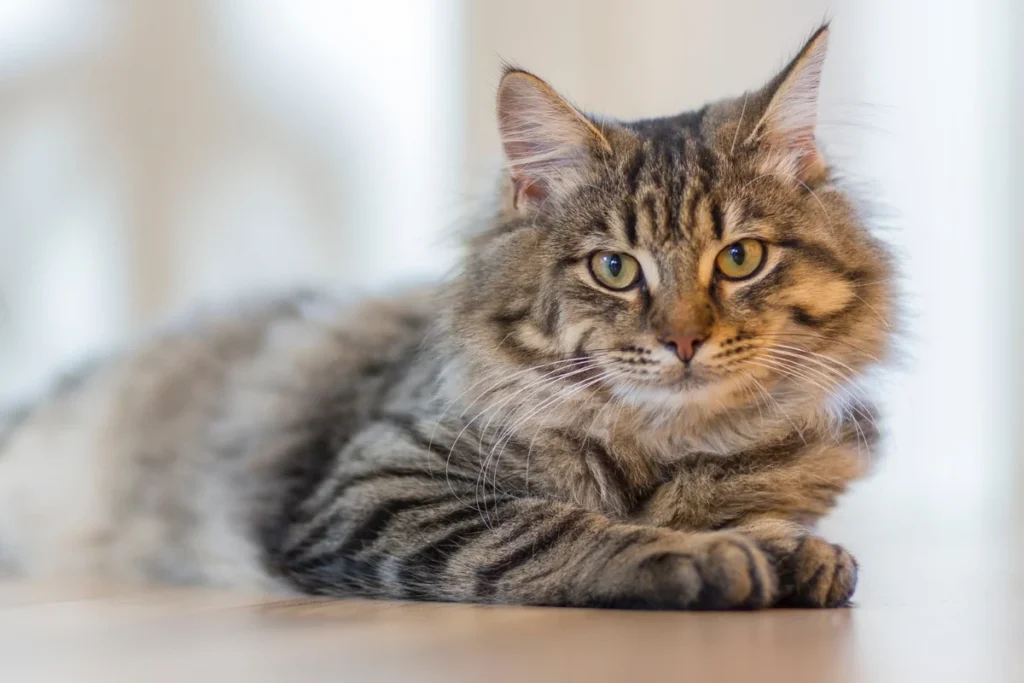
Cats are interesting animals with lots of odd habits. Their sniffing about and pawing at their litter is entirely usual. This is just how they investigate their surroundings and maintain a tidy workspace. But when it comes to eating litter, this goes beyond their normal interest and into something quite stranger.
Abnormal Cat Behavior: Eating Litter
Cats are inherently curious and frequently investigate their surroundings, including their litter box. It is a natural impulse for people to assess the safety of their surroundings.
However, eating trash is deviant behaviour and a severe worry. It is unusual for cats to consume litter, and doing so can indicate health problems or nutritional inadequacies. If you see this behaviour, consult a veterinarian to address any underlying issues and protect your cat’s health.
For cat owners facing challenges with their cats’ curiosity and unwanted behaviors, understanding how to effectively keep cats out of certain areas, like sandboxes, is crucial. Learn more about this topic in our guide on How to Keep Cats Out of Sandbox.
Common Reasons Why Cats Eat Litter
Cats are curious and sometimes do things that seem strange to us. One of these odd habits can be eating litter. Here are some reasons why this might happen:
Health Issues:
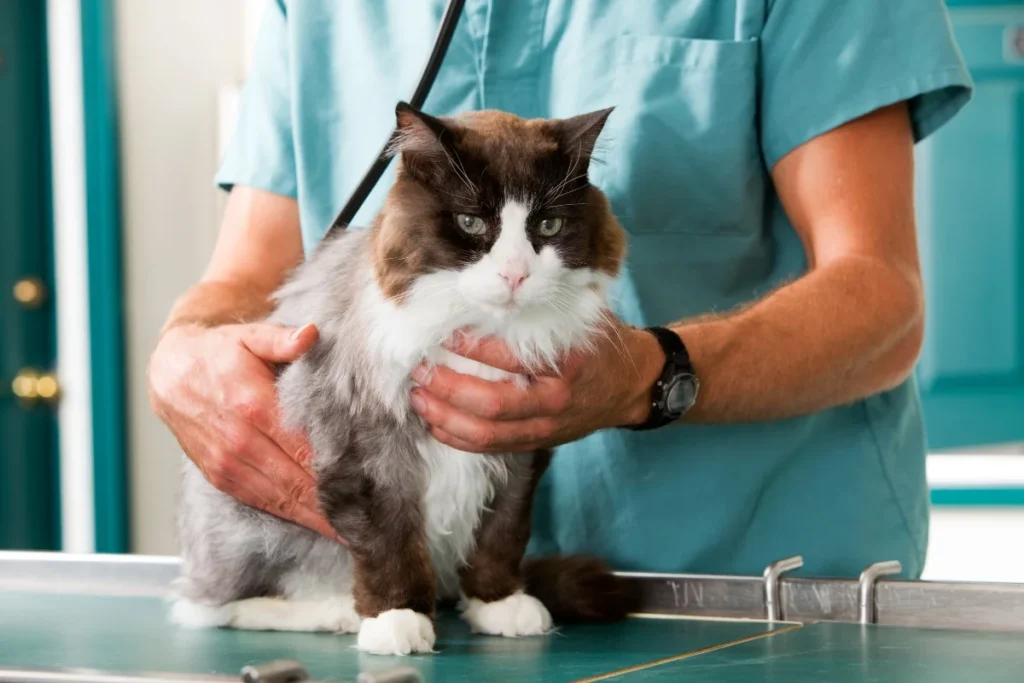
Not Getting the Right Nutrients
Sometimes, if a cat’s diet isn’t giving them what they need, they might start eating litter. It’s like their body is trying to find those missing nutrients elsewhere.
Anaemia
This is when their blood doesn’t have enough healthy red cells. Cats with anaemia might eat litter because they’re trying to find iron or other minerals.
Tummy Troubles
Problems with their stomach or intestines can also lead them to eat litter. It could be their way of trying to feel better.
Feeling stressed or bored:
Stress: Just like people, cats can feel stressed. Changes in their home, like a new pet or a move, can upset them. When cats are stressed, they might do unusual things like eating litter.
Boredom: If cats don’t have enough to do, they might eat litter out of boredom. It’s important to give them toys and play with them to keep them busy.
Curiosity and Litter Type:
New Litter: If you’ve recently changed their litter, the new smell and texture might make them curious enough to taste it. Some litters might be more tempting for them to try.
Teething in Kittens:
Just like human babies, kittens go through a teething phase. During this time, they might chew on different things to relieve discomfort, including their litter.
Remember, if you see your cat eating litter, it’s a good idea to talk to a vet. They can help figure out why it’s happening and how to help your cat stop. It’s also important to make sure they have a healthy diet, a happy environment, and lots of love and playtime.
The Health Risks of Cats Eating Litter: Immediate and Long-Term Concerns
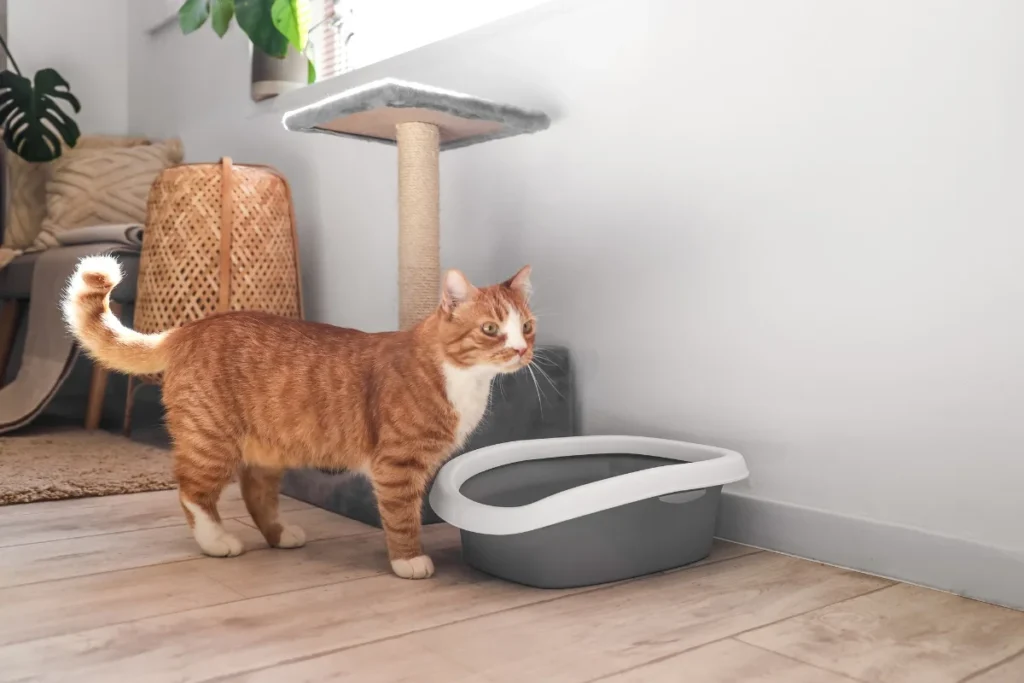
When we discover our cats eating litter, it’s crucial to understand the health risks involved. These risks can be immediate or develop over time, affecting our furry friends’ well-being. Let’s explore these risks.
Immediate Risks
1. Choking Hazard: Candy (particularly hard or sticky candy)
Cats are naturally interested and may accidentally swallow tiny particles of litter, resulting in choking. This is especially problematic with clumping or large-grain litter, which may block their airway, resulting in coughing, difficulty breathing, or more serious choking threats.
2. Digestive Blockages
Eating litter might contribute to the creation of clumps inside your cat’s digestive tract. These aggregates can induce stomach or intestine obstructions, which are not only uncomfortable but also potentially fatal. Symptoms of such blockages include vomiting, tiredness, and a loss of appetite.
Long-Term Concerns
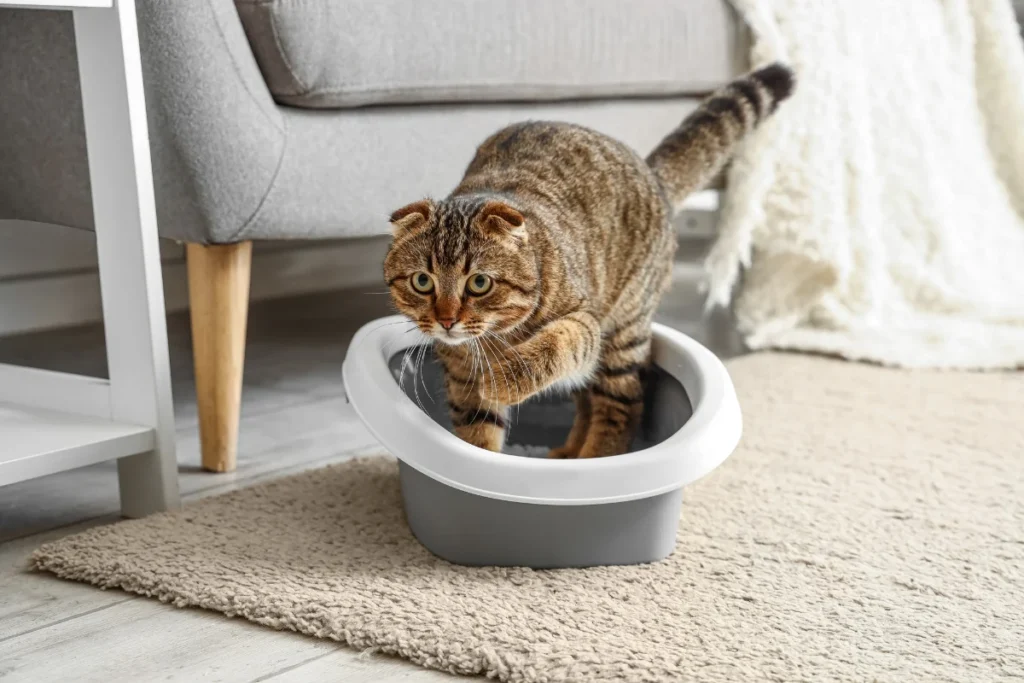
1. Toxicity from Chemicals and Fragrances
Many cat litters contain chemicals and artificial fragrances to reduce odour and aid in clumping. While these additives are safe for contact, they’re not meant for ingestion. Regular consumption of these substances can lead to toxicity, affecting the liver, kidneys, and overall health of your cat.
2. Gastrointestinal Issues
Continued litter consumption might irritate and injure your cat’s gastrointestinal system. This can lead to chronic problems such as stomach distress, diarrhoea, constipation, and general discomfort. Over time, these issues can have a substantial impact on your cat’s quality of life and necessitate continuous veterinary treatment.
When to See a Veterinarian: Seeking Professional Advice for Your Cat's Health
If you observe your cat eating litter, contact a veterinarian as soon as possible. A veterinarian can offer competent guidance and rule out any underlying health issues that may be driving this behaviour.
During the consultation, you can expect a thorough process that includes a physical examination to assess your cat’s overall health, blood testing to look for any internal concerns, and a dietary analysis to ensure they’re getting enough nutrients.
Frequently Asked Question
Cats may start eating litter due to nutritional deficiencies, anaemia, or gastrointestinal issues. It’s often a sign that something is missing in their diet or an indication of a health problem.
Yes, eating litter can be dangerous. It poses risks like choking, digestive blockages, and toxicity, especially if the litter contains chemicals or clumping agents.
Stress or boredom can contribute to this behaviour. Cats might eat litter as a way to cope with their environment or due to a lack of mental stimulation.
If you catch your cat eating litter, remove them from the litter box and monitor their behaviour. Consult your veterinarian for a health check and dietary advice.
Preventing this behaviour involves providing a balanced diet, enriching your cat’s environment with toys and play, and using non-toxic, non-clumping litter.
Conclusion
Finding out your cat is eating litter might be a strange and worrying event, but it is a common occurrence for cat owners. This behavior frequently indicates an underlying issue, such as a nutritional shortage, a health problem, or environmental stress.
Regular veterinary check-ups, providing a stimulating and caring environment, and ensuring balanced nutrition are all important elements in preventing this habit. By being vigilant and proactive, we can guarantee that our cats enjoy healthy, happy lives free of the hazards connected with litter consumption.

